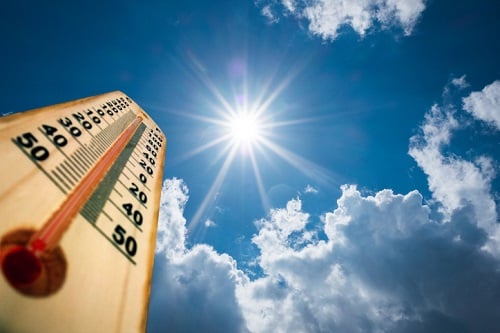

New research suggests that BC’s 2017 wildfire season – the province’s most devastating on record – may have burned as much as 11 times more land than it would have without the influence of “human-caused” climate change.
Authored by scientists at the Pacific Climate Impacts Consortium at the University of Victoria and Environment and Climate Change Canada, the study proposes that climate change was a driving factor; global warming led to abnormally hot conditions, which eventually led to the fires.
The study found that the probability of unusually high temperatures being caused by global warming was estimated at over 95%.
“We have demonstrated that human-induced climate change has significantly increased the likelihood of extreme high temperatures, of extreme wildfire risk of large areas burned, similar to what we saw in the 2017 wildfire season in B.C.,” atmospheric scientist and study co-author Megan Kirchmeier-Young told CBC News.
To come to this conclusion, the researchers utilized event attribution analysis – a method that compares the likelihood of a particular natural disaster on a planet affected by human-caused climate change, versus a planet that is not.
The researchers also compared conditions from 1961-1970 – when global warming had yet to be considered a global issue – to those from today, taking into consideration human activities that have driven climate change such as greenhouse gas emissions and land use.
“If we see the temperature trends continue, then increased temperatures in the future result in increased wildfire,” Kirchmeier-Young warned.
